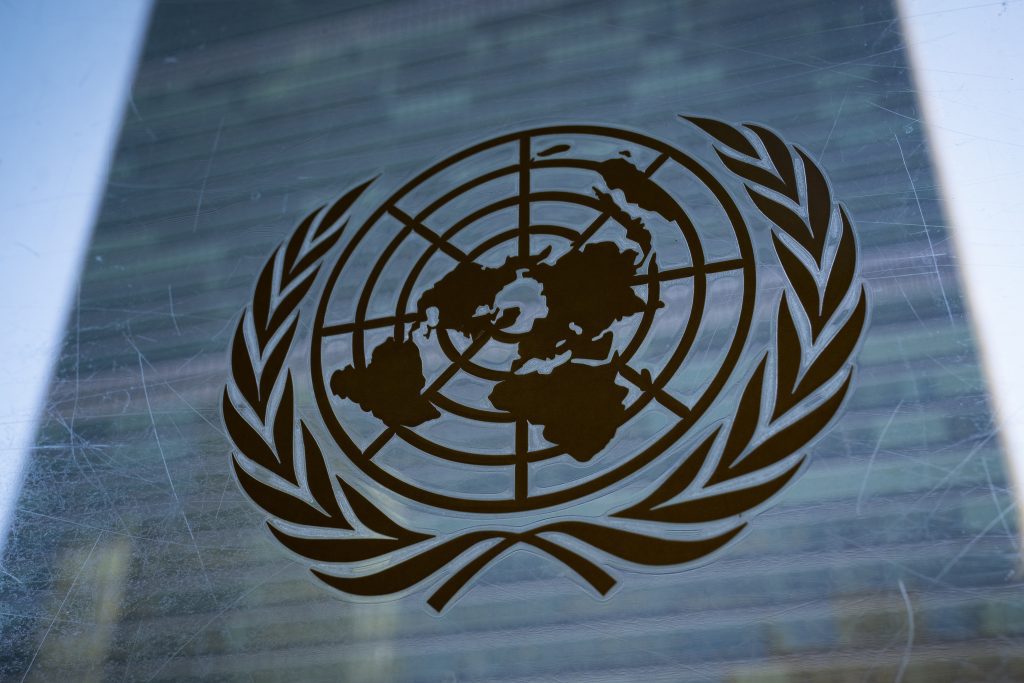The United Nations Human Rights Council has decided to accept a groundbreaking measure to protect the rights of intersex individuals.
24 countries supported the draft resolution, which urges states to increase their efforts to fight discrimination, violence, and harmful practices against people born intersex, who have sex characteristics that don't match typical definitions of male or female.
23 countries chose not to vote, and none opposed the resolution.
Intersex individuals encounter significant bias related to their identity, and unfair treatment often begins early in life, with intersex babies frequently undergoing medical interventions to conform to a gender binary. Experts believe that up to 1.7 percent of the population is born with intersex traits.
The draft resolution on Thursday expresses serious concern about harmful practices faced by intersex individuals, including unnecessary or postponable medical interventions performed without the person's full, free, and informed consent.
It also asks the Office of the U.N. High Commissioner for Human Rights to prepare a report that examines discriminatory laws and policies, acts of violence, and harmful practices against people with innate variations in sex characteristics worldwide, as well as proposes effective solutions.
“The resolution before us is a testament to the international community’s commitment to addressing and mitigating the challenges faced by intersex individuals, ensuring their rights are respected and protected,” U.S. Ambassador Michèle Taylor said ahead of Thursday’s vote. “It underscores the necessity of a human rights-respecting approach, avoiding language that pathologizes and stigmatizes, and instead advocates for the autonomy, dignity and equality that all persons regardless of their sex characteristics deserve.”









